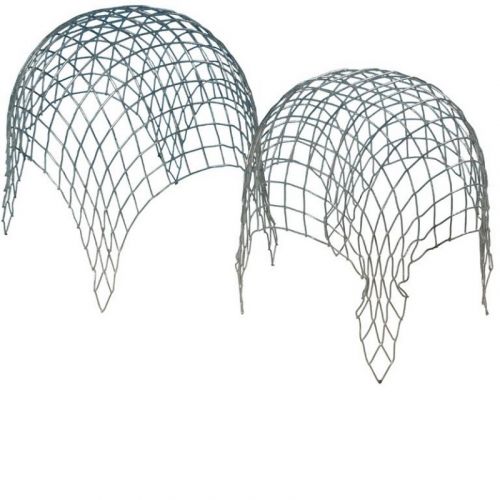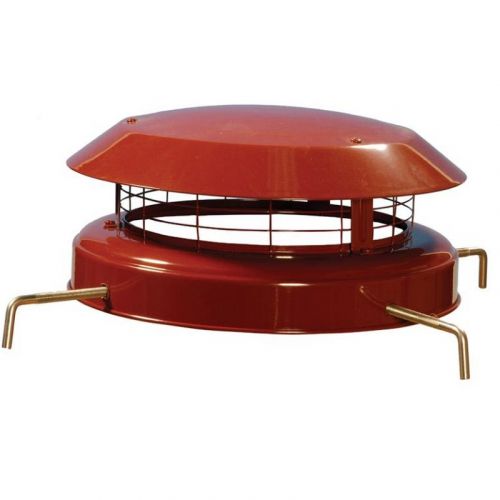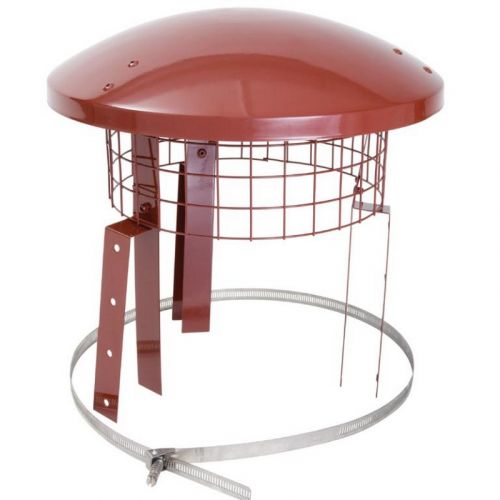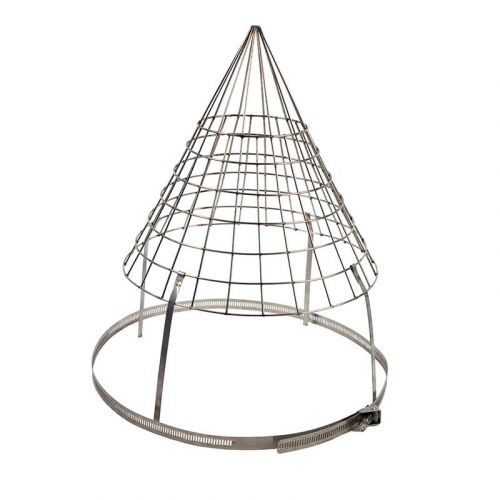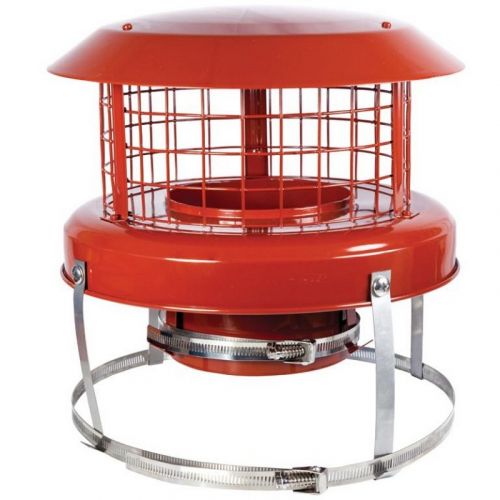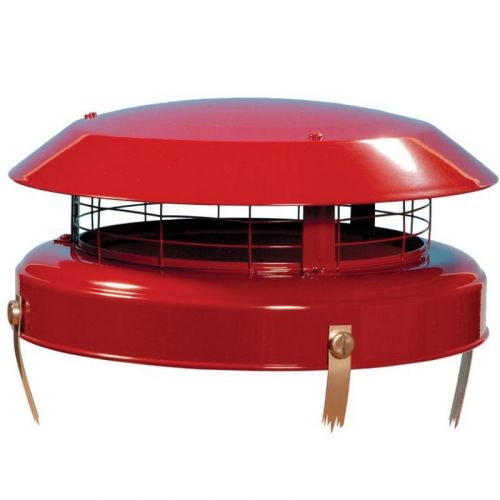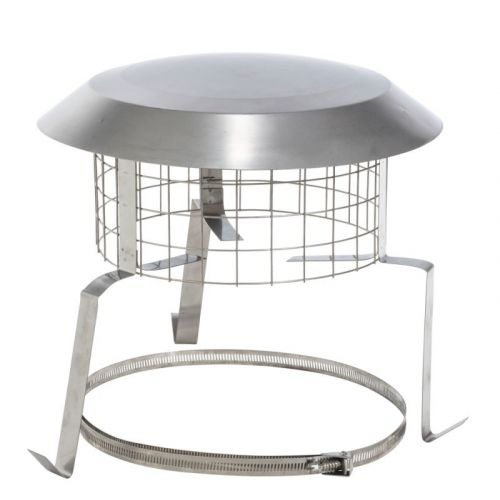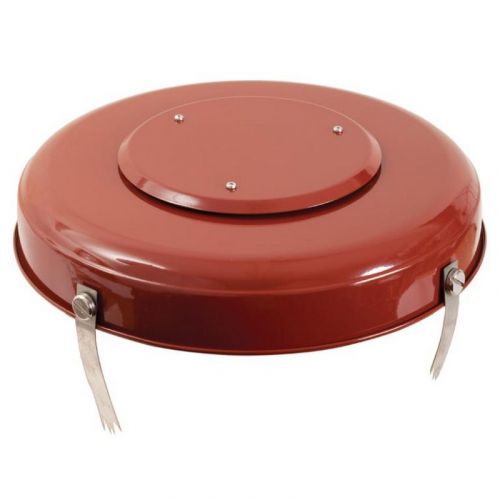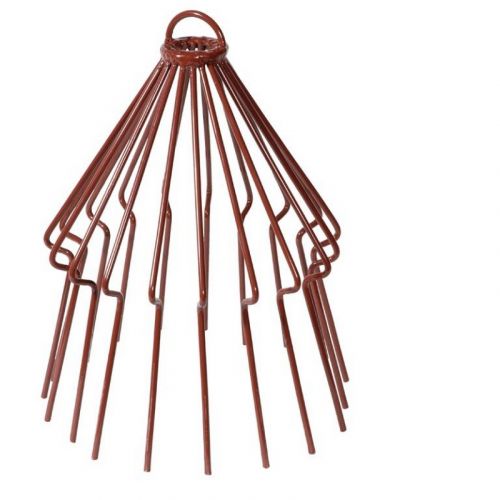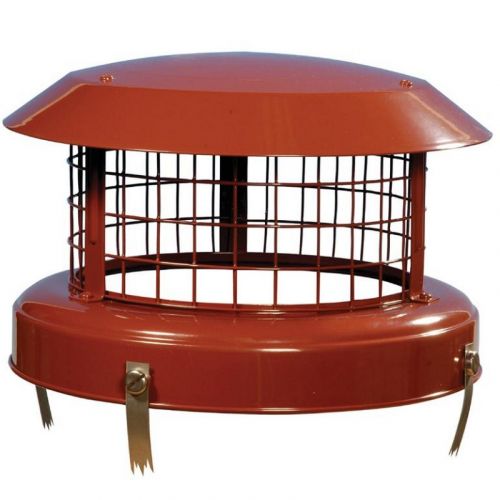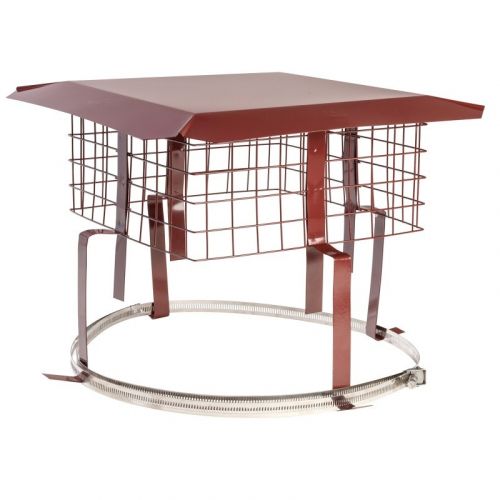Chimney Bird Guards
Homeowners can often find birds such as jackdaws, pigeons and magpies trapped in their chimneys. As well as being a nuisance due to the noise and the additional mess these birds can cause if they enter or even nest in your chimney flue, they can even...
Frequently Asked Questions
What is a Chimney Bird Guard?
Wild birds will often nest in chimneys or, in some cases, accidentally fall into a chimney. This can quickly result in a blockage forming and gases building up in your home. Besides creating a smelly living space, this could result in carbon monoxide poisoning.
A bird guard is a cost-effective way to prevent wild birds from entering your open chimney. Ensuring gas can escape freely and your fire has a good draw throughout the year.
Besides preventing wild birds from nesting or falling in your chimney, some bird guards also increase the efficiency of your fire. They achieve this in a similar way to a traditional chimney cowl, which prevents strong winds from entering your chimney.
What is the Lowest Cost Bird Guard?
The most cost-effective chimney bird guard is the Decorative Chimney Birdguard from Colt Cowls. Priced at only £15.59, this bird guard will prevent virtually any wild bird from entering any chimney with a diameter of 150mm to 250mm. However, it will not improve the efficiency of your chimney nor prevent wind from entering your chimney.
How Do I Stop Birds from Nesting In My Chimney?
Installing a bird guard is one of the most effective ways to prevent wild birds from nesting in your chimney flue. As well as protecting your flue from intruders, they can also make your fire burn more efficiently.
If you’ve got birds nesting in your chimney already, you need to leave them be and not light any new fires until they’ve been vacated. This is for your own safety, as burning a nest in your chimney carries a high risk of causing a chimney fire, and it’s illegal to intentionally remove, damage or destroy an active bird’s nest under the Wildlife and Countryside Act 1981.
Once any birds currently nesting inside your chimney have been safely removed, you should have your chimney flue swept before installing a chimney bird guard. This new bird guard should then prevent any birds from getting into your chimney space in future.
